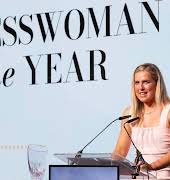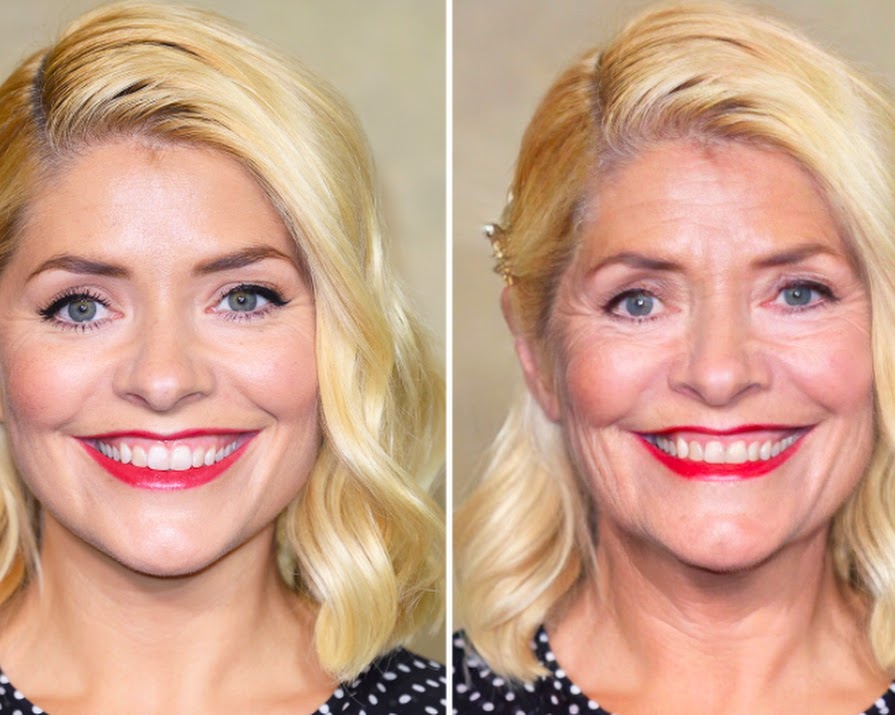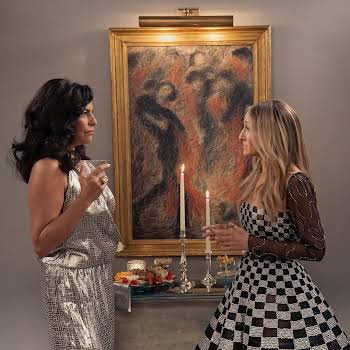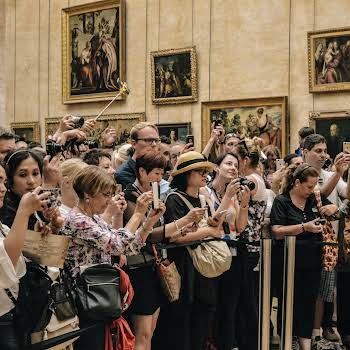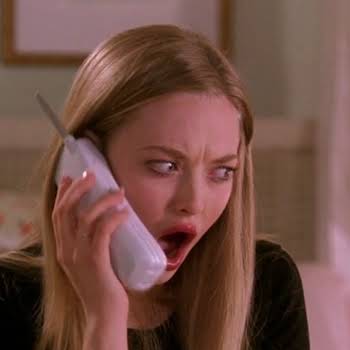
By Amanda Cassidy
19th Jul 2019
19th Jul 2019
Gender swap, seeing what you look like at 70, changing your image via an Asian filter – the latest craze for apps that augment your appearance might not be as innocent as we think, writes Amanda Cassidy
The makers of the latest popular app to hit our phones this week found themselves under intense scrutiny. Face App is an equally fascinating and horrifying ‘game’ where you can change your photos to look younger or older. But the terms of the Russian-based app have raised eyebrows over potential privacy breaches.
When you agree to submit the photo to the editing tool of the app, it goes on FaceApp servers which means you could be affectively giving up your rights to that photo.
Related: Why I can’t bring myself to do an unfiltered photo
The terms give the app the ability to use those photos in just about any way which didn’t seem to bother the majority of users which included celebrities like Carrie Underwood, Gordon Ramsay, Drake and the Jonas brothers gleefully uploading the results of what they’d look like with, you know, real wrinkles, unfiltered sunspots and silver fox hair.
Imagine! These traditional cheaters of age are posting selfies just like us. But is it just another avenue in the look-at-me culture we find ourselves wading through? Probably yes, but there is a larger concern that has been glossed over. The face-mashing trend has also caused a race-controversy. Back in 2017, users of the app found themselves also able to distort their selfies via race filters set to “Asian”, “Caucasian”, “Indian” or “black”. The reaction was swift, with users describing the filters as racist.
“I wouldn’t allow my child to pull his eyes to the side to emulate someone of Asian descent, so why would it be ok for me to do the same online and then sent it to my friends for lols?”
Consequences
Other were quick to dismiss it as just a bit of light-hearted fun but it looks like this is ‘Blackface’ by another medium. These are prejudices that blur the line between respect for different cultures and nationalities. I wouldn’t allow my child to pull his eyes to the side to emulate someone of Asian descent, so why would it be ok for me to do the same online and then sent it to my friends for lols?
FaceApp’s CEO was quick to pull the race filter only hours after it went live. Yaroslav Goncharov defended the decision at the time. “The ethnicity change filters have been designed to be equal in all aspects. They don’t have any positive or negative connotations associated with them. They are even represented by the same icon. In addition to that, the list of those filters is shuffled for every photo, so each user sees them in a different order.”
It isn’t the first time apps like these have caused issues. One that showed you what you would look like if you were ‘hot’ came under fire for lightening skin tones. Snapchat also once had a Bob Marley filter which some users described as “in poor taste”. The social media platform responded with this statement. “The lens we launched today was created in partnership with the Bob Marley Estate and gives people a new way to share their appreciation for Bob Marley and his music. Millions of Snapchatters have enjoyed Bob Marley’s music, and we respect his life and achievements”.
Meanwhile, in the UK, some cosmetic specialists have suggested another worrying impact of apps that change and filter the appearance of young people. Dr Rekha Tailor told The Independent that she had “already seen a rise in patients seeking botox as a result of the app. And the age of these people is dropping significantly.”
Meanwhile, If you want FaceApp to remove all of your data from its servers, you can send a request within the app, by going to settings, support, report a bug and put the word ‘Privacy’ in the subject line. Or you could just not download it at all.
Image via The Sun
Read more: Instagram: Why hiding likes is a powerful move
Read more: Have we reached peak Instagram influencer?
Read more: The power of a compliment and why Facebook ‘likes’ shouldn’t count







